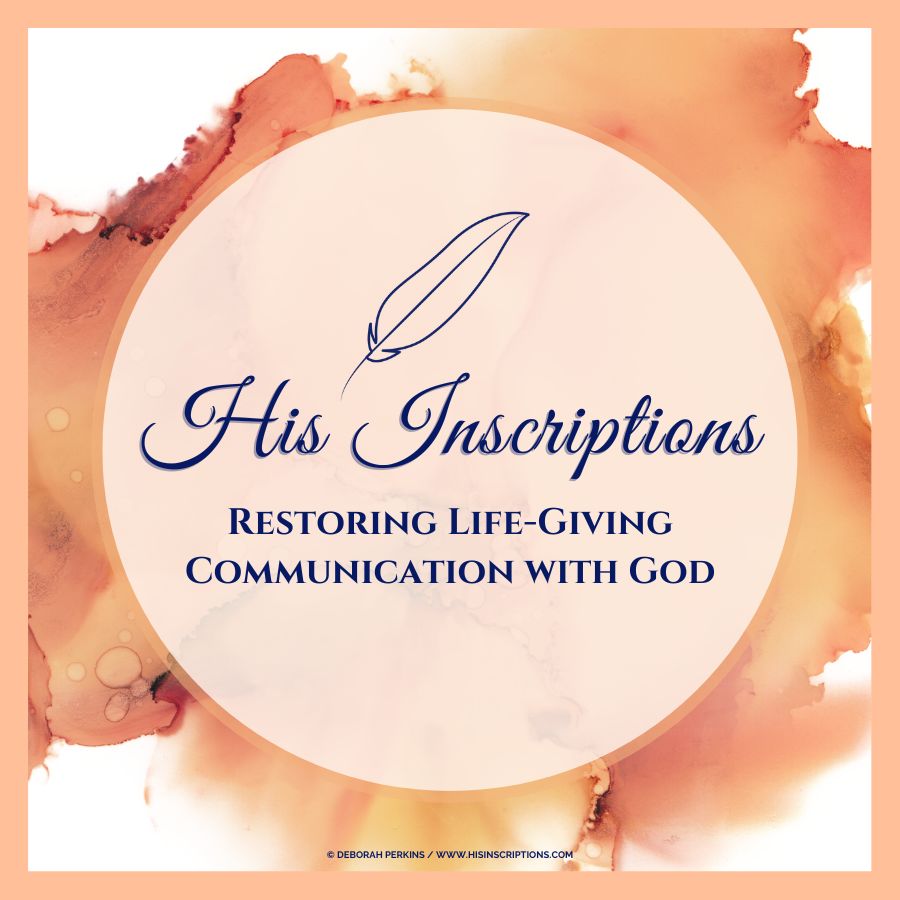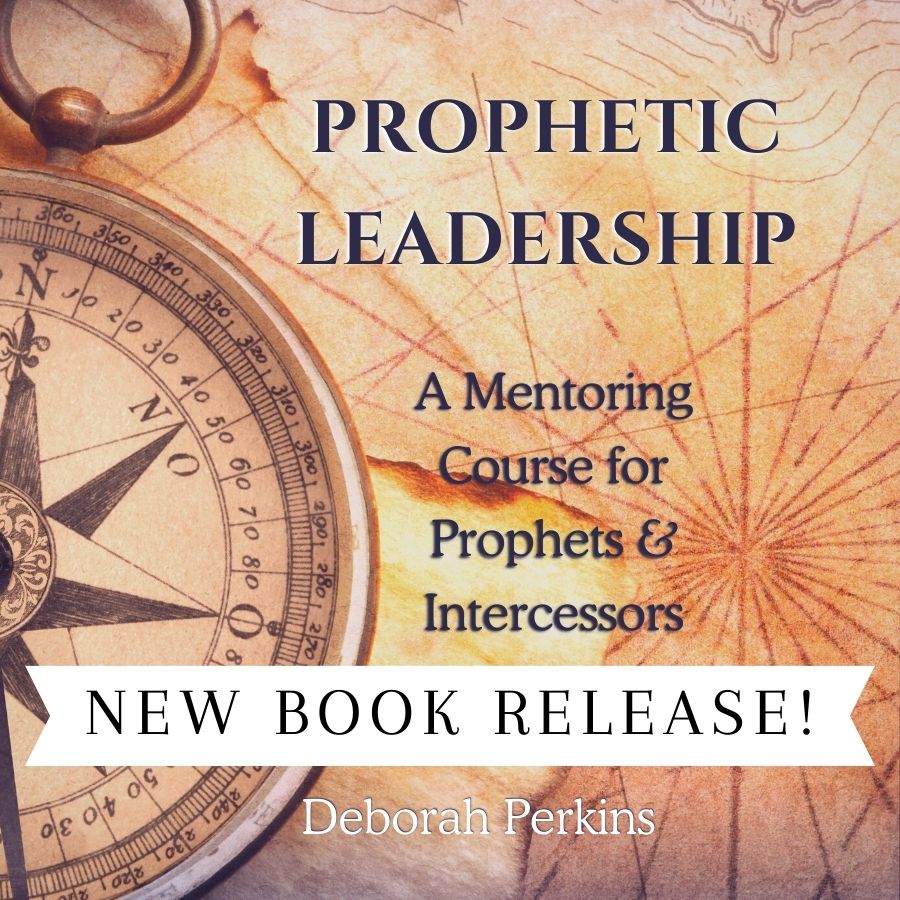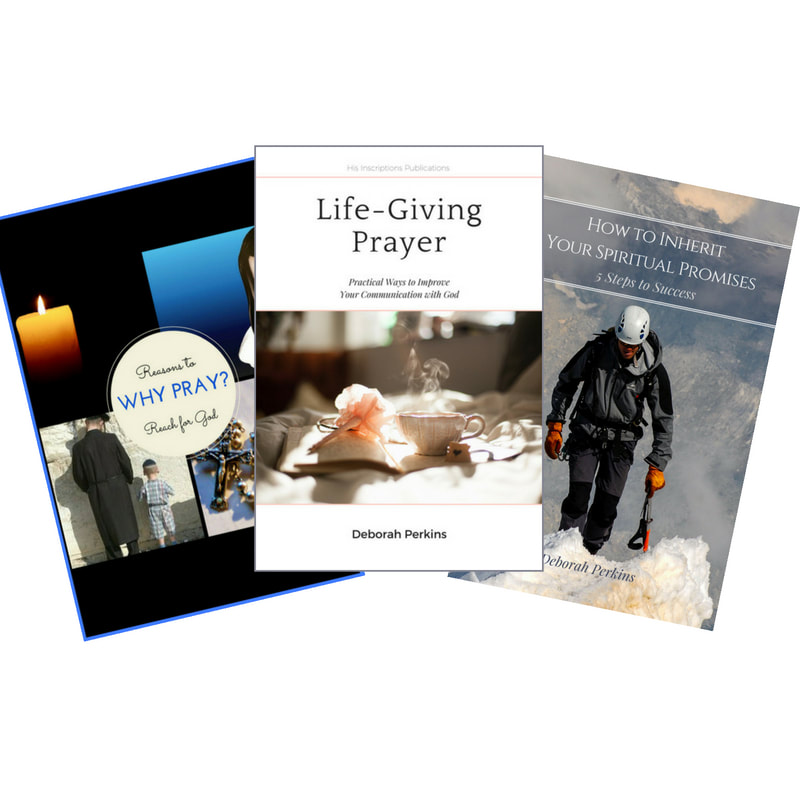|
Despite all of our divisions and denominations, the great test for every Christian is the test of love. Can we love without judging, when our brother believes differently than we do? Can we rejoice in the preaching of the gospel by those "less qualified" than ourselves? Can we allow for differences of opinion and interpretation while still agreeing on the essentials of the faith? This is the great test for every Christian: not simply to preach the gospel ourself, but to allow others to preach Christ in the knowledge they have attained, however limited. Paul recognized this in his letter to the Philippians. Instead of being upset by those who preached Christ out of "selfish ambition" or even contention, he rejoiced that the gospel was being preached at all! (See Philippians 1:15-18). Sometimes, even those who attack our faith end up drawing more attention to it, instead of causing its demise. The plight of Kim Davis, a town clerk in Kentucky (who refused to issue marriage licenses to same-sex couples), is a good example of this. As Christians, whether we believe her course of action is right or wrong, we should still rejoice that attention is being drawn to the gospel, forcing people to re-evaluate what they believe and to dig deeper to find out what the Bible says about such issues. The simple, timeless truth is that we are not called to be masters of theology, but to master love for our neighbors. The golden rule of Christianity applies to everyone, not just to some. When we become absorbed in semantics and arguments over words, we have lost the essence of the gospel message. Each of us must walk with God to the degree or level that we have attained, says Paul, making sure that we share the unity of mind that characterizes mature believers. (See Philippians 3:16). It is up to God to reveal the areas where we are in error or where our beliefs do not fully coincide with Scripture. (Philippians 3:15). Does this mean we cannot bring correction to our brothers and sisters in Christ? No, but the manner in which it is done must be loving, and it is best done only at the Lord's leading. We tend to err on the side of judging too quickly, rather than seeking God's heart for the growth and benefit of others. Paul's response to the schisms or immaturity of fellow Christians was to pray for both knowledge and love: And this I pray, that your love may abound
If we follow Paul's example and take our concerns to the Lord in prayer, we will find that God takes away our desire to judge and replaces it with a sincere concern for others. Love covers offenses. Love may also confront when offended, but makes sure to guard the relationship in the process, rather than burning the bridge.
No matter what issues arise in the coming days, the greatest test will still be the test of unconditional love. This kind of love IS possible, despite our human flaws, when we stop jealously guarding our "corner" of the truth and allow God to be God, perfecting and refining each one of us in the true knowledge of Him.
Deborah Perkins is passionate about connecting others with God. She writes about knowing God and hearing His voice at HisInscriptions.com. Follow her on Twitter and Facebook, or contact her directly here.
|
Free Link to the Subscriber Resource Library when you join His Inscriptions!
About
Deborah Perkins Categories
All
Archives
June 2024
AuthorA severe hearing loss from childhood caused Deborah Perkins to develop what she now calls her secret weapon: tuning in to God's voice. A Wellesley College graduate and an award-winning writer, Deborah is now a wife and mother of 3 boys. Deborah has devoted over 25 years to professional and lay Christian ministry in New England and beyond. Her passion is inspiring people to cultivate greater intimacy with God. |



 RSS Feed
RSS Feed






